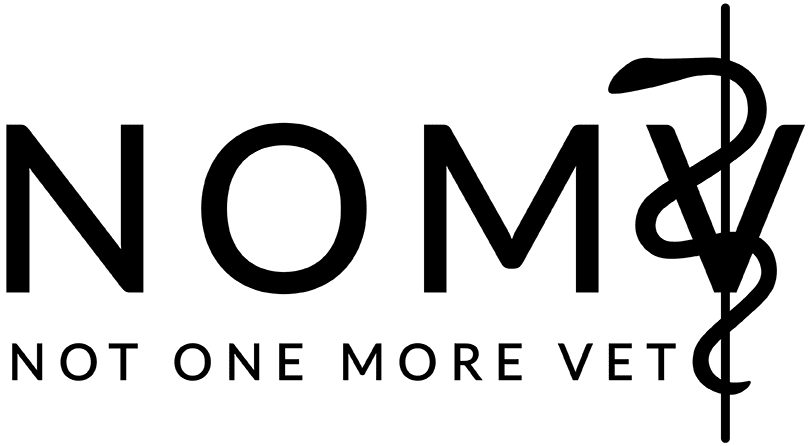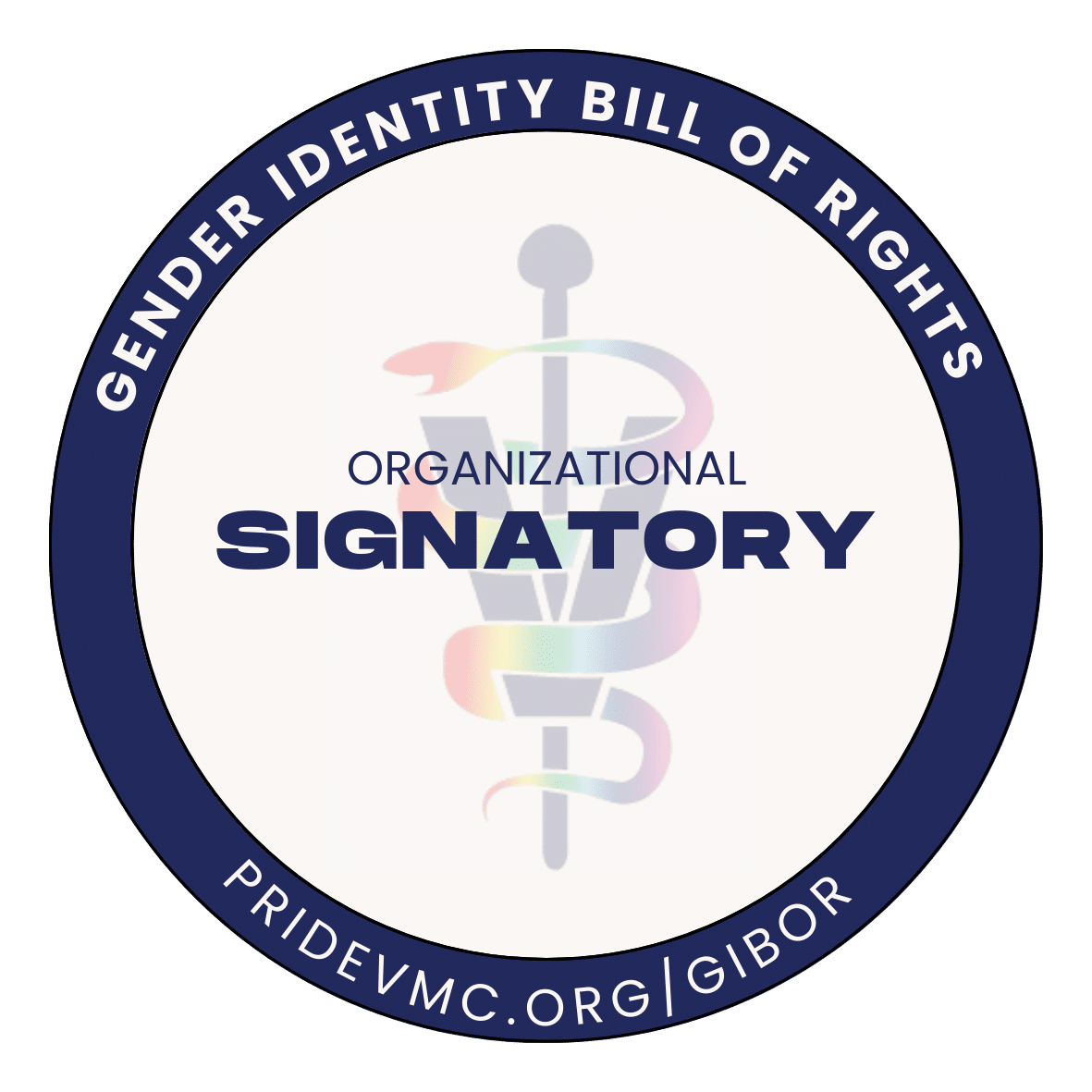13 Ways To Protect Your Mental Health
Shared to the Waggle Blog on May 17th, 2024.

Those within the veterinary community are no strangers to stress. Whether you’re a doctor, support staff member, or pet parent, the realities of taking on a caregiving role can oftentimes mean forgetting oneself in the process.
While mental health has become a prominent topic these days and there is no shortage of conversation around it, let’s take a moment to define what it is, why you should prioritize yours, and the ways you can put that into practice in your daily life.
According to the Centers for Disease Control and Prevention, mental health includes our emotional, physical, and social wellbeing. It affects our emotional, psychological, and social well-being, including how we think, feel, and act. More specifically, it impacts our internal dialogue, self-esteem, physical health, ability to cope with stress, ability to focus, and the relationships we have with others, as well as with ourselves.
While we typically look up to people that selflessly put the needs of others first, it’s important to note that putting our own mental health and wellbeing second to others can cause enormous stress leading to burnout, which ultimately hinders our ability to do what we set out to do, i.e. help others.
Below are steps we can all take to put our mental health first and make space for others to do the same.
Self-care practices:
- Practicing good sleep hygiene – Whether it’s eliminating devices from your evening routine or winding down the evening with the help of calming techniques, a consistent sleep schedule is vital to your mental health.
- Engaging a trusted support system – Family, friends, and furry friends can all be part of your emotional support circle. A great act of self care is engaging with those who provide support during stressful times.
- Practicing grounding techniques – Breathing and grounding techniques can be useful for those experiencing high levels of stress. One technique for engaging your senses could involve taking deep breaths and identifying five things you can see, four things you can feel, three things you can hear, two things you can smell, and one thing you can taste.
- Getting active – Moving your body through both high and low impact activities is a wonderful way to improve your sense of wellbeing as it allows for endorphins to naturally reduce stress.
- Enforcing healthy boundaries – We all have different boundaries. Understanding yours is important so that you can say ‘no’ to requests beyond your scope or bandwidth. Allowing only what is feasible for you in your daily life is an essential part of self care.

Compassionate communication:
- Active listening – Offer your undivided attention, use encouraging non-verbal cues such as eye contact and nodding, and ask for clarification if you have any follow-up questions.
- Empathy – Consider the other person’s perspective, recognize that others may communicate differently, and validate the other person’s experience and emotions.
- Clarity – Reflect on what you’re trying to communicate before speaking, use concise language, and ask for what you need.
- Accountability – Recognize your role in the situation, take accountability for your actions and emotions, and note that your experiences impact your perspective of the situation.
- Collaboration – Share your willingness to find a solution with the other person, ask the other person for their ideas, and agree upon a solution that works for both parties.
Challenging the stigma on mental health:
- Talking about mental health – See out information about mental health and, if comfortable, share your experience with mental health and wellbeing practices.
- Offering support, compassion, and respect – Encourage others to seek support, utilize resources, and challenge internalized mental health stigmas, and do the same for yourself.
- Creating inclusive environments and inclusive language – Speak up when someone is perpetrating stereotypes and discourage the use of words such as crazy, insane, and psycho.
If you are a veterinary professional seeking mental health support for yourself or a peer in need, visit NOMV, a public charity that is dedicated to supporting the mental wellness of veterinary professionals through education, resources, NOMV forums, and more.
References
“About Mental Health.” Centers for Disease Control and Prevention, www.cdc.gov/mentalhealth/learn/index.htm.
“Downloadable Resources.” Not One More Vet, 22 Mar. 2024, www.nomv.org/downloadable-resources/.
“Home.” Not One More Vet, 26 Oct. 2023, www.nomv.org/
Recent Posts
About Us
NOMV addresses well-being in the veterinary medical community through evidence driven programming that raises awareness on mental health in the community while providing innovative prevention and intervention programming.


